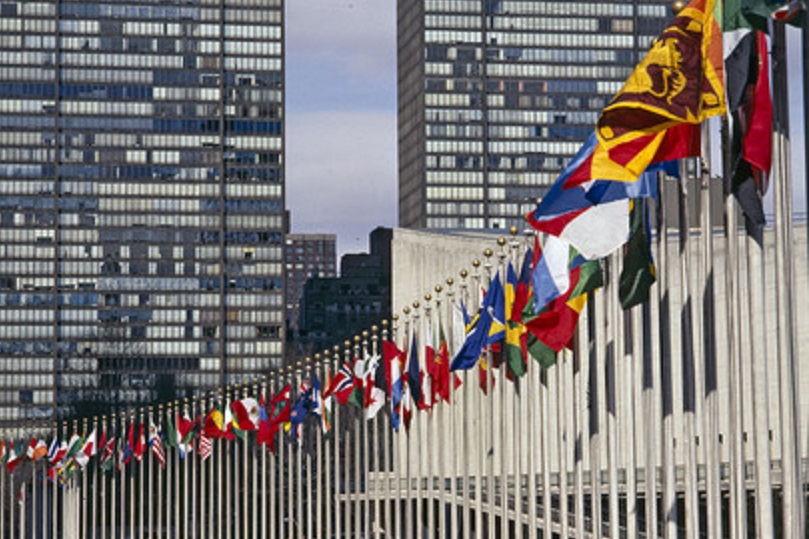Statement by Dmitry Polyanskiy, First Deputy Permanent Representative of Russia to the UN, during the open VTC of UNSC members on Somalia
Mr. President,
We thank SRSG James Swan and AU Special Representative and Head of AMISOM Francisco Madeira for their detailed briefings on the situation in Somalia. We are also thankful to UNMAS Director Agnès Marcaillou for her useful update on the situation with the IED threat that was requested by our delegation.
We have carefully studied the Secretary-General’s recent report and share its conclusion that the country’s security situation remains turbulent. The Federal Government encounters numerous challenges, including the need to restore state institutions, establish dialogue between center and the regions, and dialogue among the regions as well. Lack of progress in preparation for the general elections and on the constitutional review is really worrisome. Continuing tensions in Jubbaland and Galmudug are deplorable. All these issues are now further exacerbated by the spread of the Covid-19 pandemic.
Particularly worrying is the nonstopping terrorist activity of “Al-Shabaab”, the growing reliance of its fighters on the use of IEDs, mortar attacks, political assassinations. Importantly, the Somalis themselves recognize that the IEDs have already caused more fatalities to the SNA and population than bullets. We fully appreciate the picture that Agnès has provided to the Council and hope that it will contribute to better identifying the appropriate response to the IED threat from international community.
We also note some positive developments in Mogadishu. The federal parliament had a productive winter session. We commend establishment of an ad hoc parliamentary committee to address key issues of the electoral law and the continued work of the National Electoral Security Task Force. We welcome contacts between President Farmajo and President Bihi of Somaliland and positive political changes in South West State and Hirshabelle. We urge SRSG Swan to continue efforts to foster dialogue between and within federal states with a view of holding an all-Somalia summit.
In view of the upcoming AMISOM mandate renewal we believe that the mission remains an extremely important element of the country’s stabilization. Considering the factors of the general elections and Covid-19 pandemic, reduction in the number of peacekeepers is unacceptable. Both AMISOM and SNA should build on the progress in transition operations demonstrated in the town of Janaale. Regarding the AMISOM resolution itself, we see it as a concise document sending a clear message to the Somalis that they will get all the backing needed from the international community prior to and in the course of the upcoming general elections, which are important milestone in the country’s modern history.
In general, we are convinced that in order to address the persistent security challenges in Somalia effective joint work to build a unified national security architecture is needed. The international community should continue to take measures to increase operational readiness of the African Peacekeeping units and the Somali National Army. Progress in that area should be decisive for the terms of transition of responsibilities for security in the country to the Somalis themselves.
Mr. President,
In conclusion, let me reiterate my country's firm commitment to continue to work efficiently in the Security Council to solve the crisis in Somalia, while respecting its sovereignty and territorial integrity.
I also have a couple of questions for Ms. Marcaillou, if I may.
We know that UNMAS is conducting a very useful awareness raising work on the IED threat worldwide, in particular in Geneva, at such international forum as Convention on Certain Conventional Weapons. How do you think the mechanisms under this Convention could be used to assist Somalia to address the issue of IEDs?
In your view, what else could be done to deny access of Al-Shabaab to explosives and ammunitions abandoned on battlefields and to mitigate the explosive ordnance threat? Do you think that AMISOM and SNA are doing enough in this regard? What the UN member states could do to assist Somalis to be better prepared and trained to overcome these challenges?
Thank you.
